As the cannabis industry grows, new cannabinoids and their effects continue to capture public interest. Among these, THCA (tetrahydrocannabinolic acid) and Delta-8 THC (Delta-8 tetrahydrocannabinol) are two cannabinoids that often come up in discussions about cannabis use and its benefits. While both compounds are related to THC, they differ significantly in their chemical properties, effects, and legal status. This article delves into the differences between THCA and Delta-8 THC, providing a comprehensive understanding of each.
What is THCA?
THCA (Tetrahydrocannabinolic Acid) is a non-psychoactive cannabinoid found in raw cannabis plants. It is the precursor to Delta-9 THC, the well-known psychoactive compound in cannabis. THCA is present in fresh cannabis and is converted into Delta-9 THC through a process called decarboxylation, which occurs when cannabis is heated or aged.
Key Characteristics of THCA:
-
Non-Psychoactive: THCA does not produce the psychoactive effects typically associated with cannabis. It does not cause the "high" that Delta-9 THC does, as it is in its acidic form and does not interact with cannabinoid receptors in the same way.
-
Potential Benefits: THCA has been studied for its potential therapeutic benefits. Some research suggests that it may have anti-inflammatory, neuroprotective, and antiemetic (anti-nausea) properties. These benefits are attributed to THCA’s interaction with the endocannabinoid system, although more research is needed to fully understand its effects.
-
Raw Cannabis Consumption: THCA is found in raw, unheated cannabis. Consuming raw cannabis or juicing cannabis leaves can provide THCA without the psychoactive effects of Delta-9 THC.
What is Delta-8 THC?
Delta-8 THC (Delta-8 Tetrahydrocannabinol) is a cannabinoid found in cannabis, though it is present in much smaller amounts compared to Delta-9 THC. Delta-8 THC shares structural similarities with Delta-9 THC but differs in the location of its double bond on the carbon chain. This difference results in variations in their effects.
Key Characteristics of Delta-8 THC:
-
Mild Psychoactivity: Delta-8 THC is psychoactive but typically produces a milder high compared to Delta-9 THC. Users often describe the effects as less anxiety-inducing and more clear-headed.
-
Potential Benefits: Delta-8 THC has been reported to have potential therapeutic benefits similar to those of Delta-9 THC, including anti-nausea, appetite stimulation, and pain relief. However, research on Delta-8 THC is still in its early stages, and more studies are needed to confirm its efficacy and safety.
-
Conversion and Availability: Delta-8 THC is not abundant in raw cannabis. It is typically derived from hemp-derived CBD through a process called isomerization, where CBD is chemically altered to produce Delta-8 THC.
Key Differences Between THCA and Delta-8 THC
1. Chemical Structure and Form
- THCA: Exists in the raw, acidic form of cannabis and is non-psychoactive. It is converted to Delta-9 THC when heated or decarboxylated.
- Delta-8 THC: A psychoactive cannabinoid that is chemically similar to Delta-9 THC but with a double bond on the eighth carbon chain rather than the ninth.
2. Psychoactivity
- THCA: Does not produce a psychoactive effect. It remains non-psychoactive in its natural, acidic form.
- Delta-8 THC: Produces a mild psychoactive effect. Users report a less intense high compared to Delta-9 THC, with a clearer and more relaxed experience.
3. Source and Availability
- THCA: Found in raw cannabis plants. To consume THCA, one must use raw cannabis or products that have not been heated.
- Delta-8 THC: Typically derived from hemp CBD through chemical processes. It is available in various products like edibles, tinctures, and vape cartridges.
4. Legal Status
- THCA: Generally considered legal where cannabis is permitted, as it is a natural component of the plant and does not produce psychoactive effects.
- Delta-8 THC: Its legal status is more complex. It is often classified under the same provisions as hemp-derived cannabinoids due to the 2018 Farm Bill, but some states have introduced specific regulations or bans on Delta-8 THC. Its legality can vary widely depending on local laws.
Conclusion
THCA and Delta-8 THC are both cannabinoids found in cannabis, but they serve different roles and have distinct characteristics. THCA is a non-psychoactive precursor to Delta-9 THC, offering potential therapeutic benefits without producing a high. In contrast, Delta-8 THC is a psychoactive cannabinoid with effects that are milder than Delta-9 THC, offering an alternative for those seeking a less intense experience.
Understanding these differences can help users make informed choices about their cannabis use and select products that align with their preferences and needs. As research continues and legal landscapes evolve, the knowledge about these cannabinoids will expand, providing further insights into their benefits and applications.

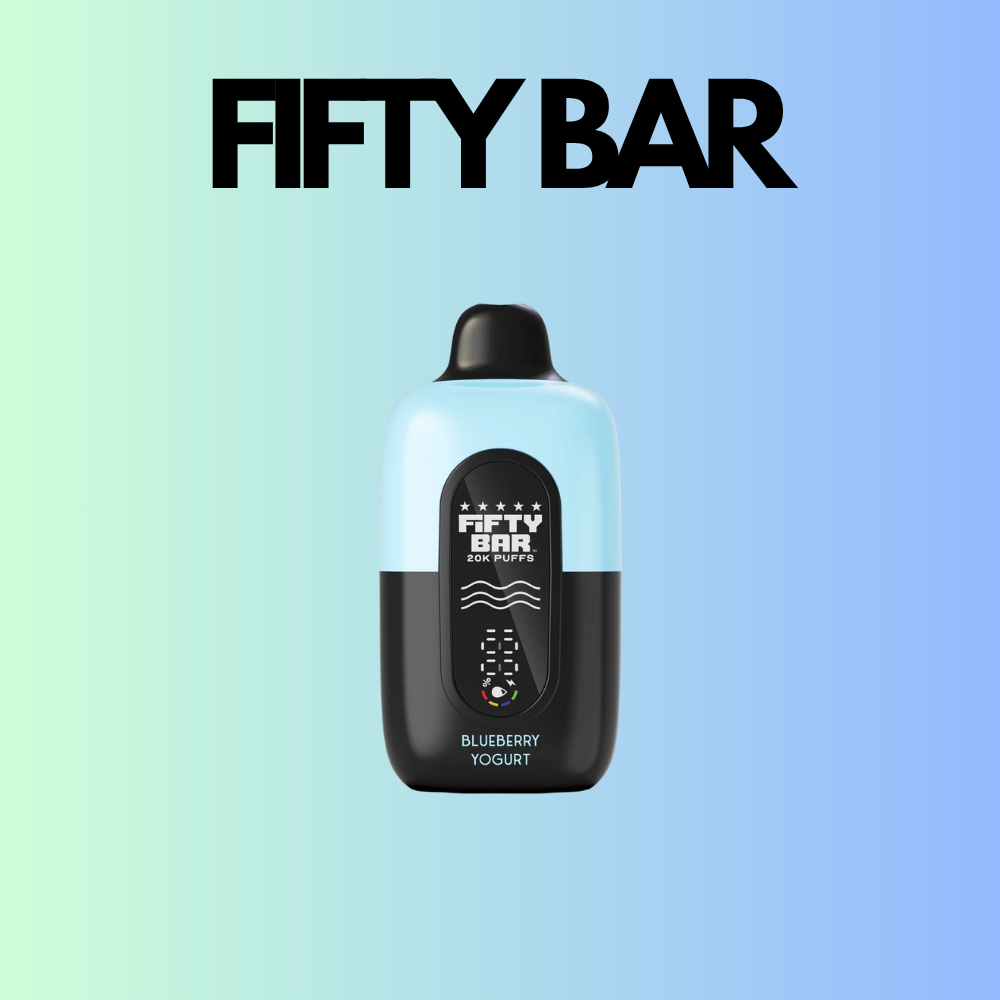
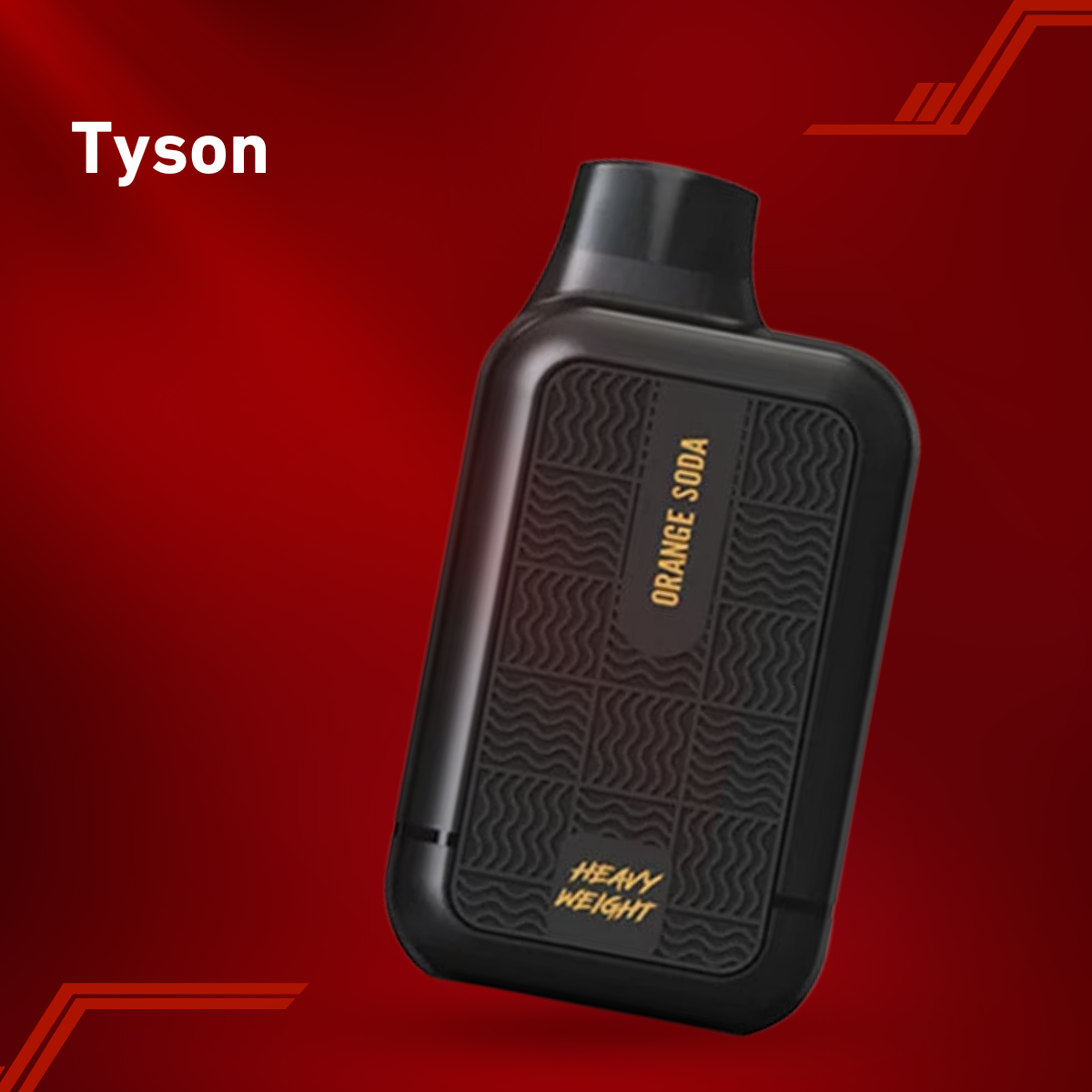
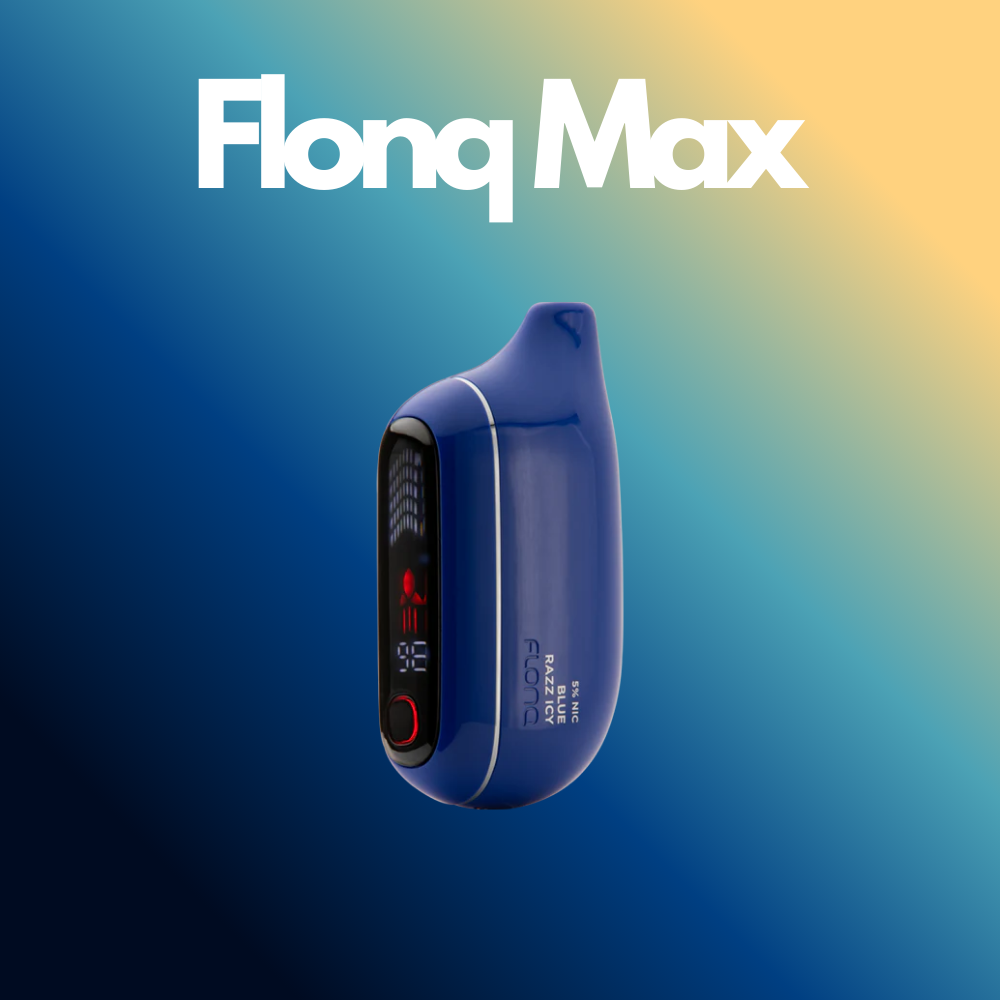
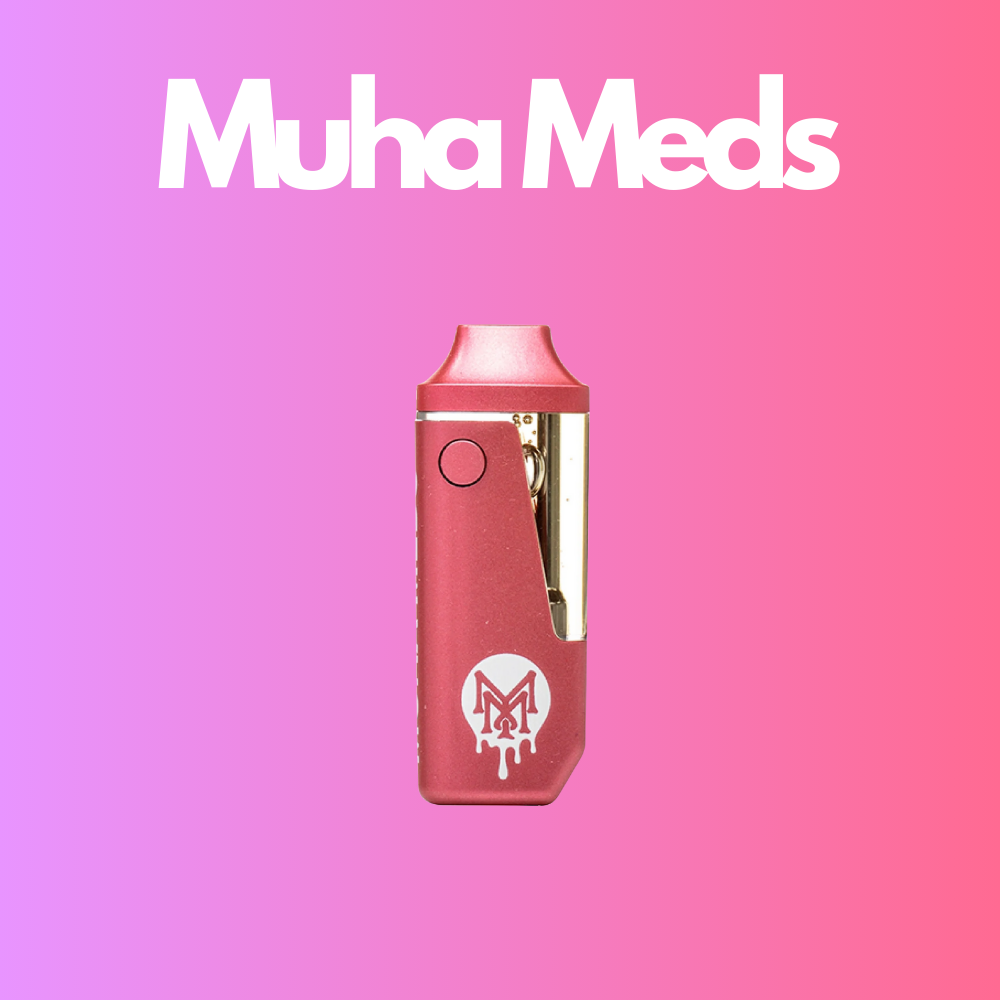
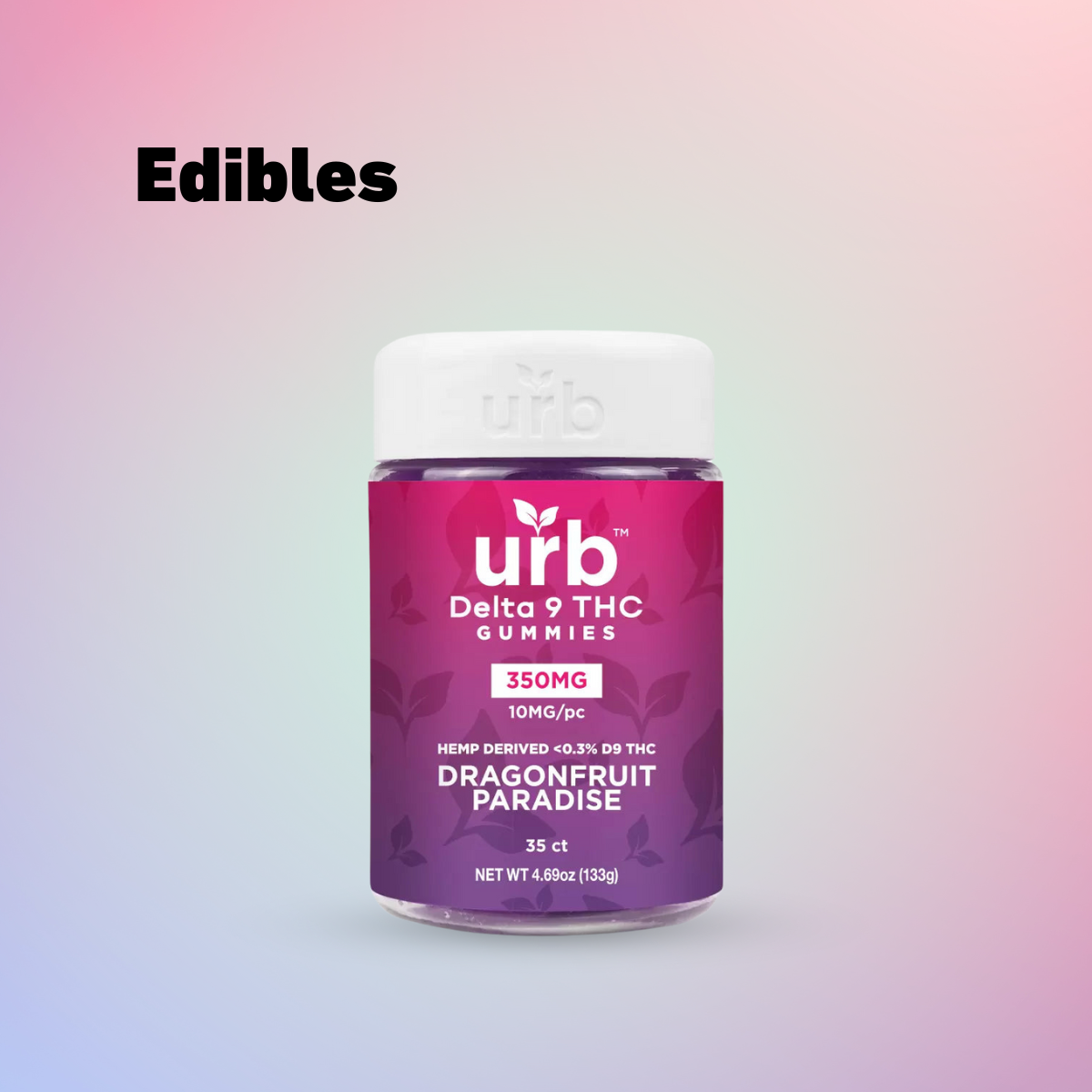
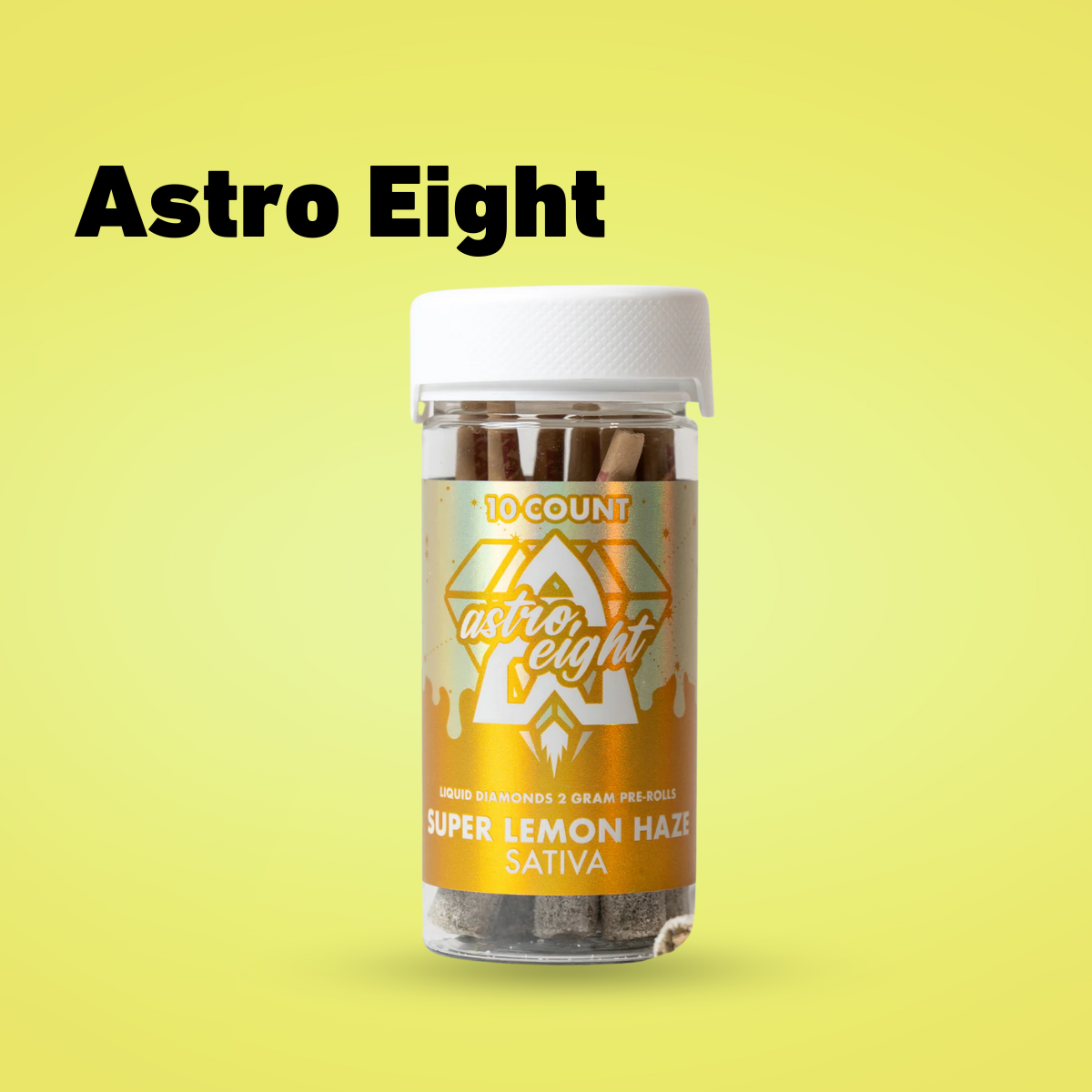
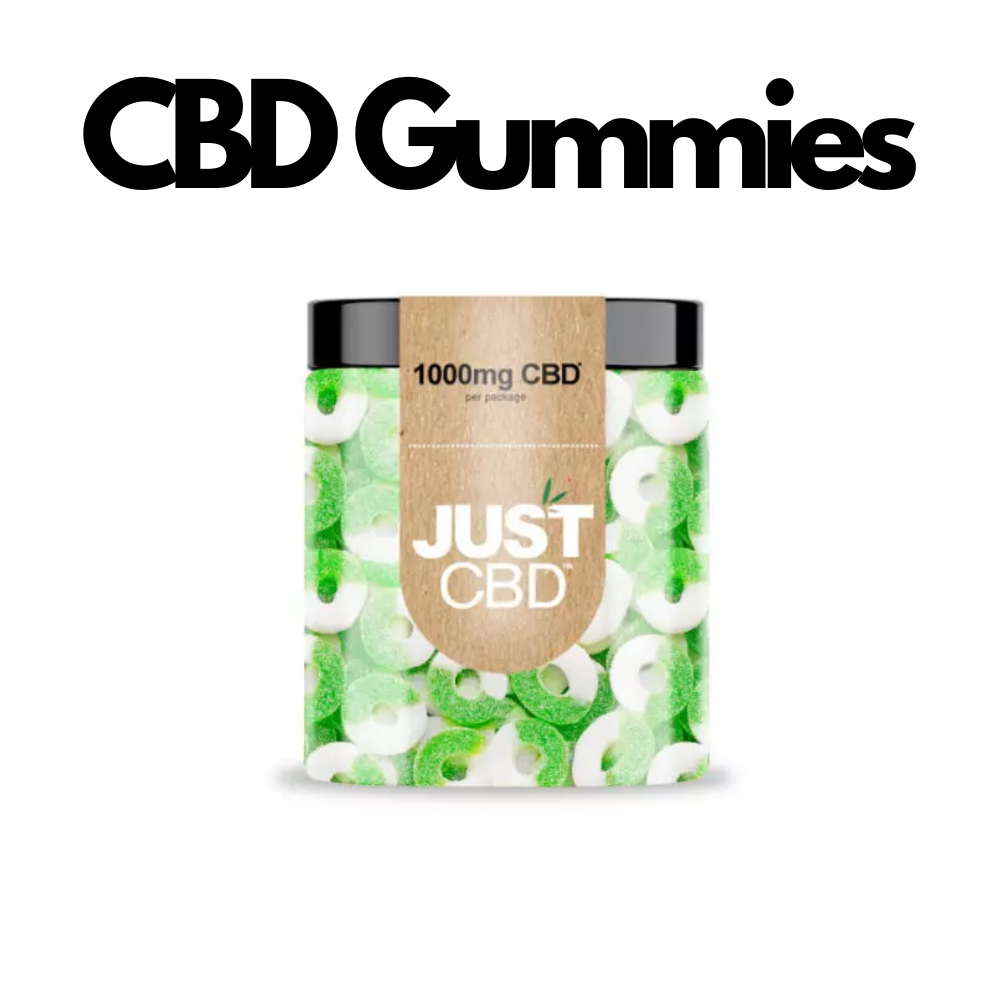
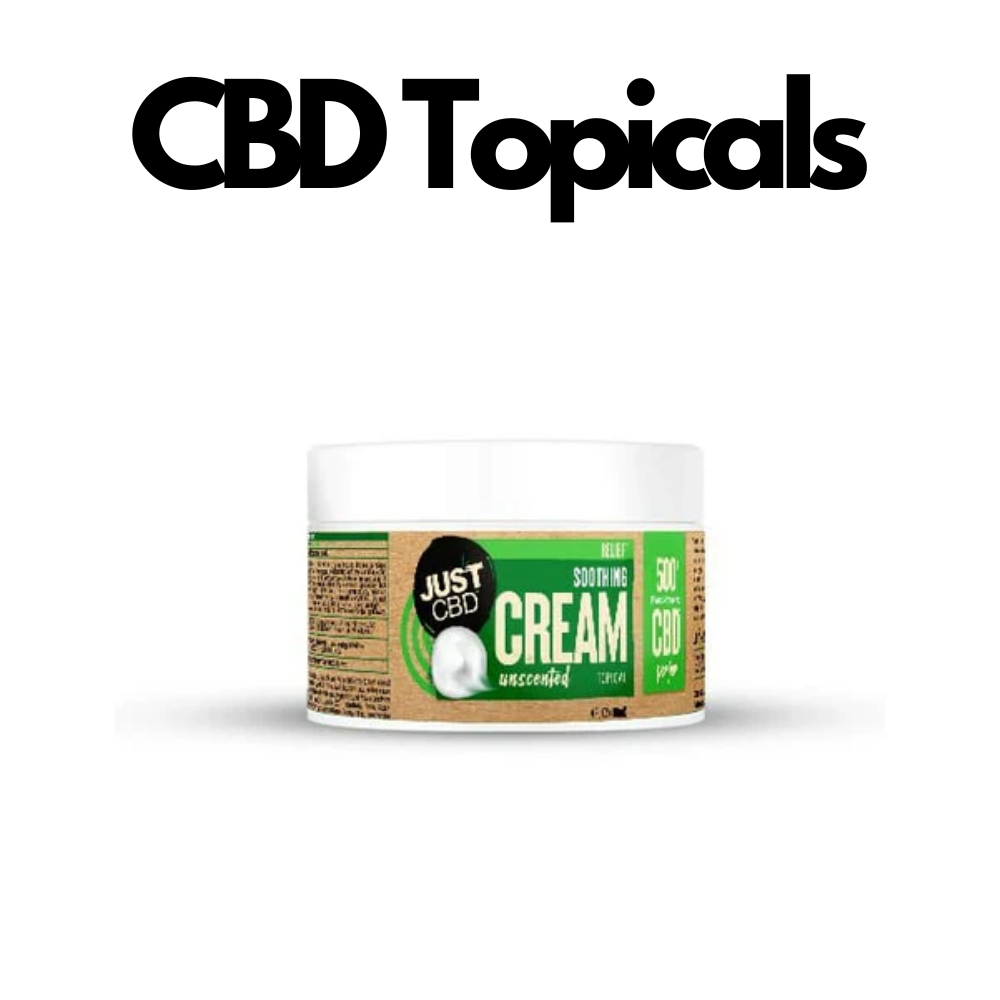

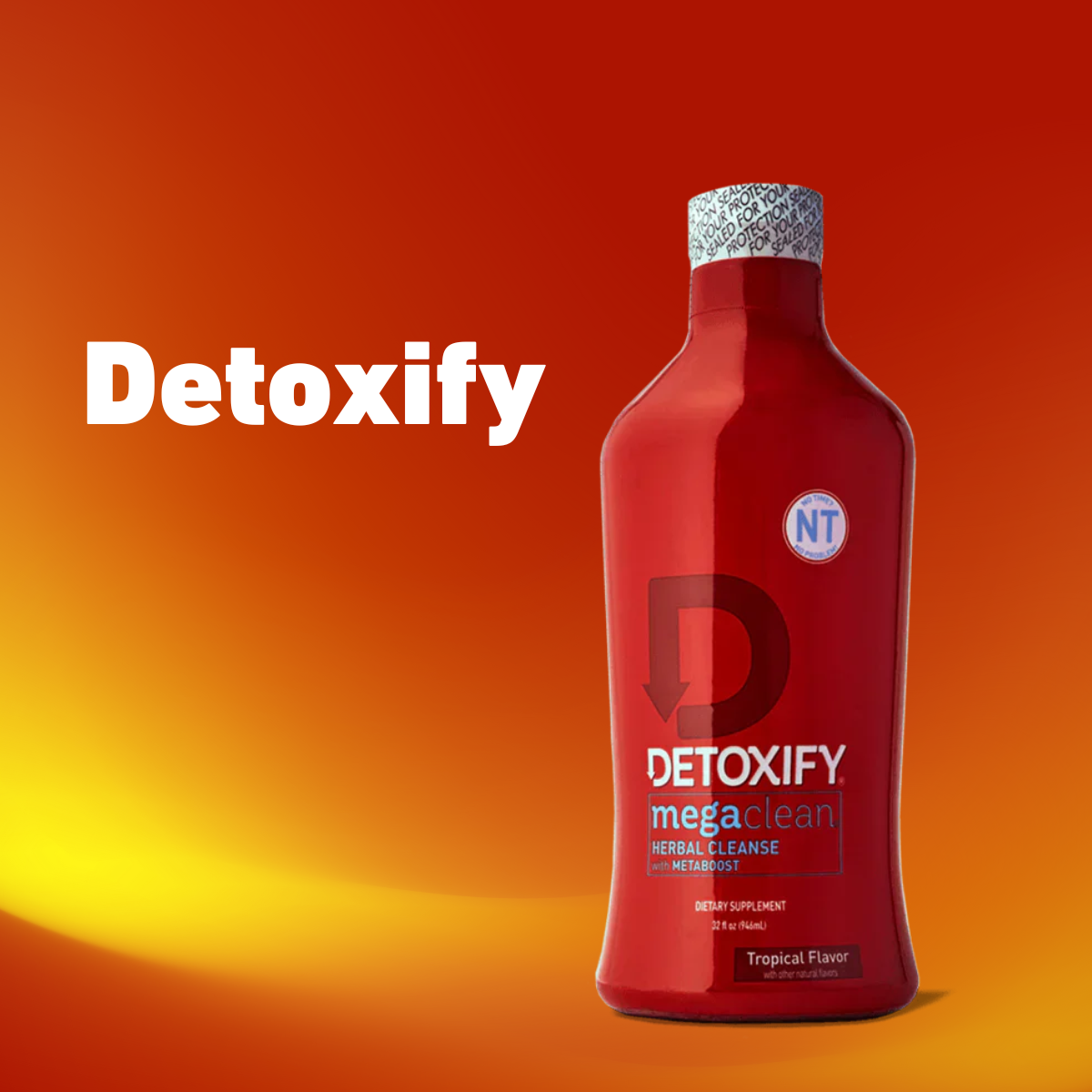
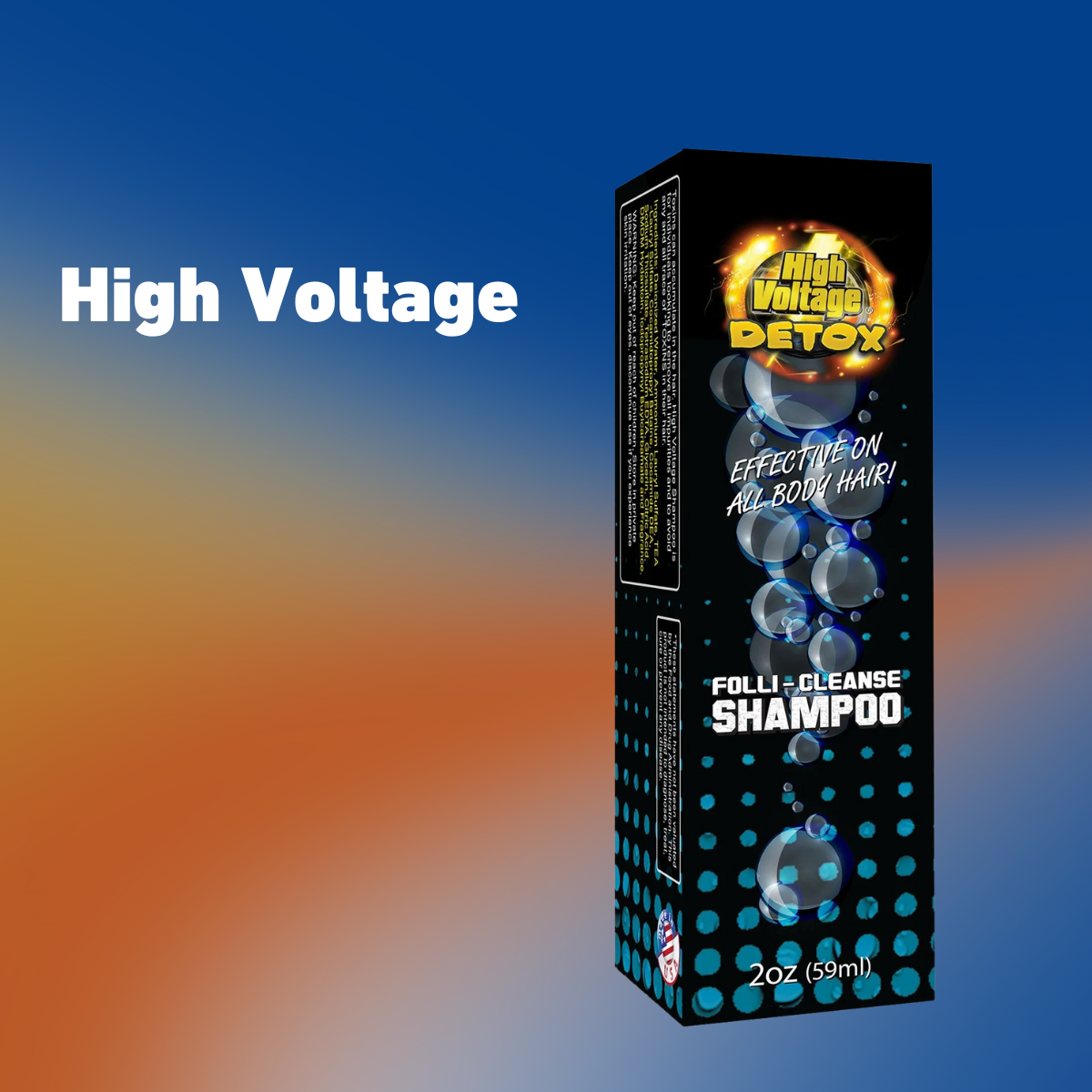
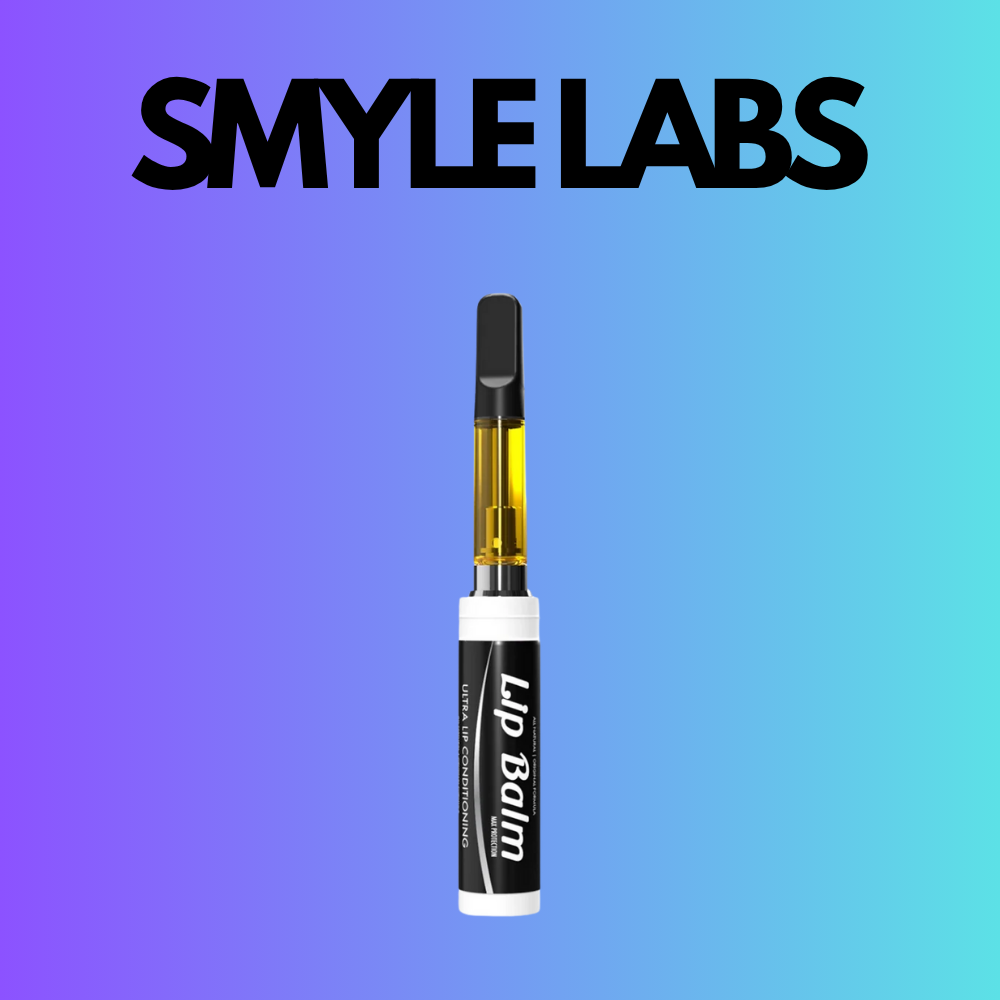

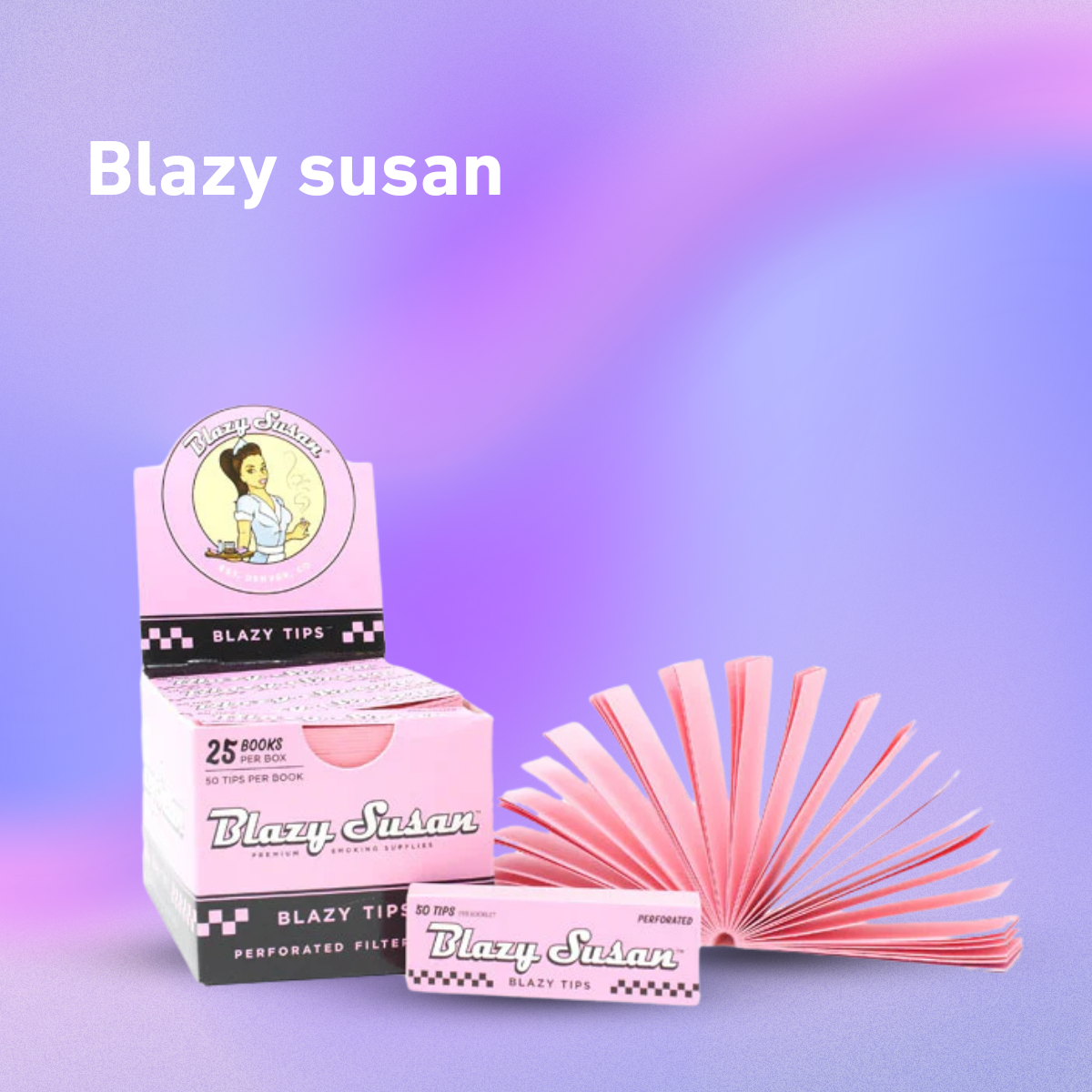
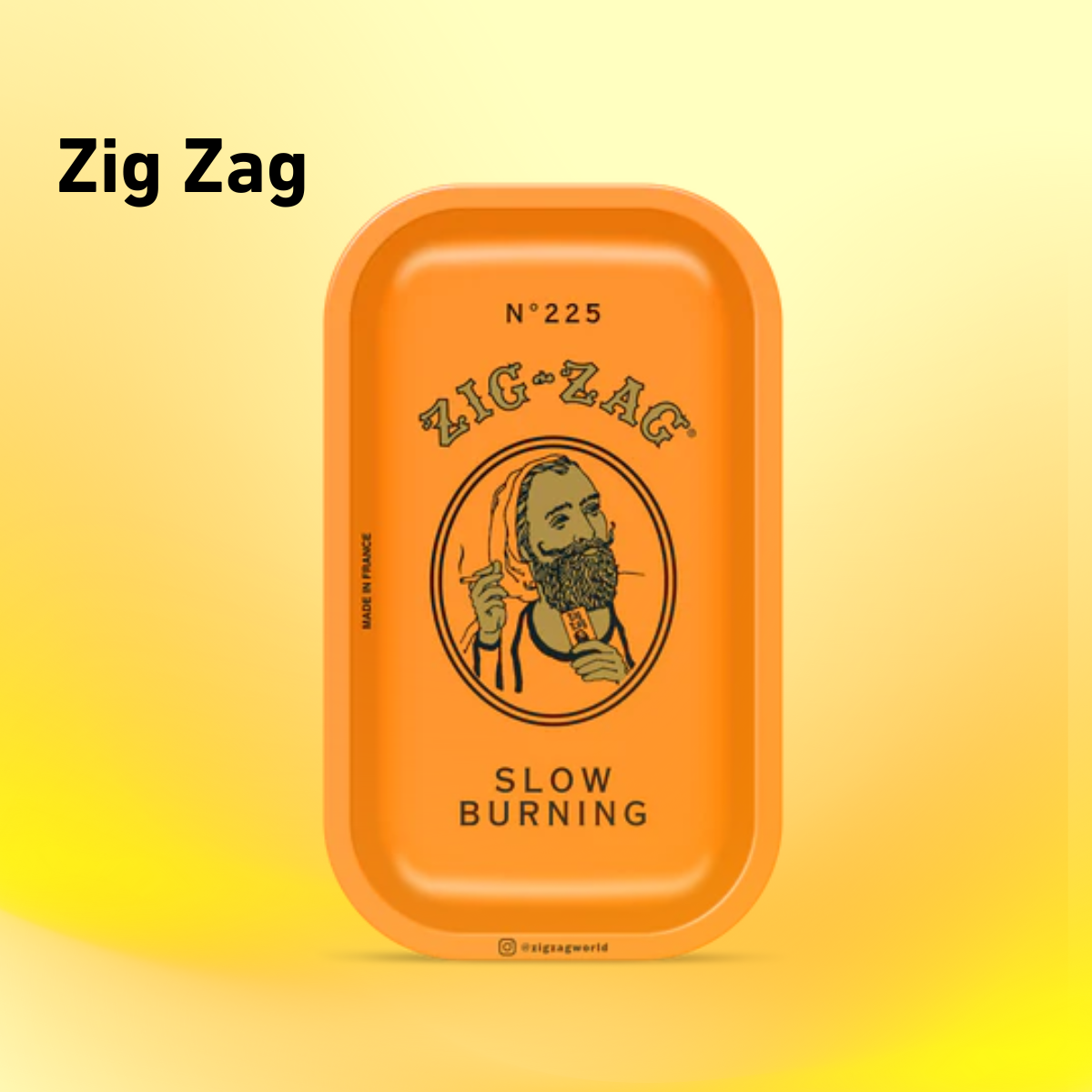
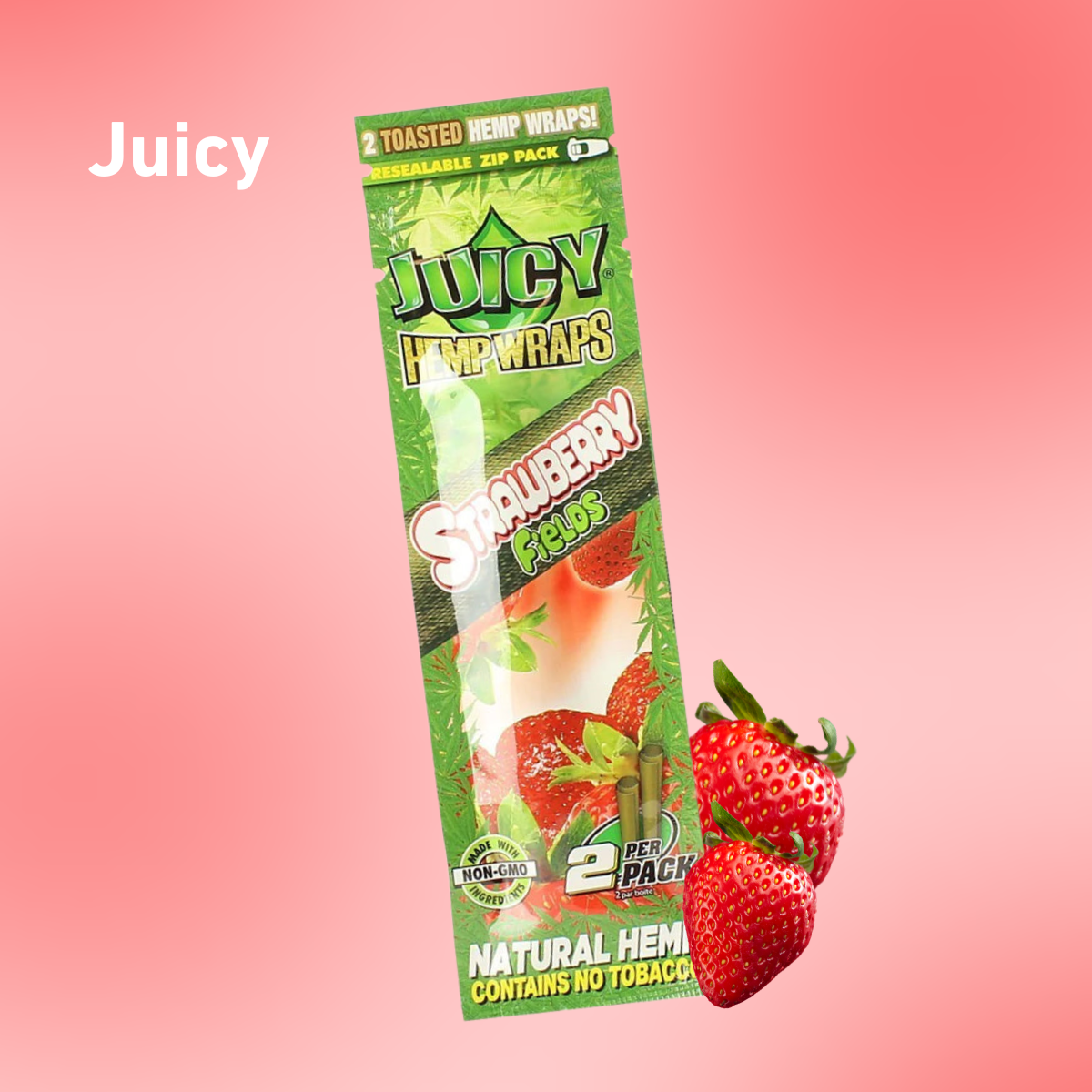
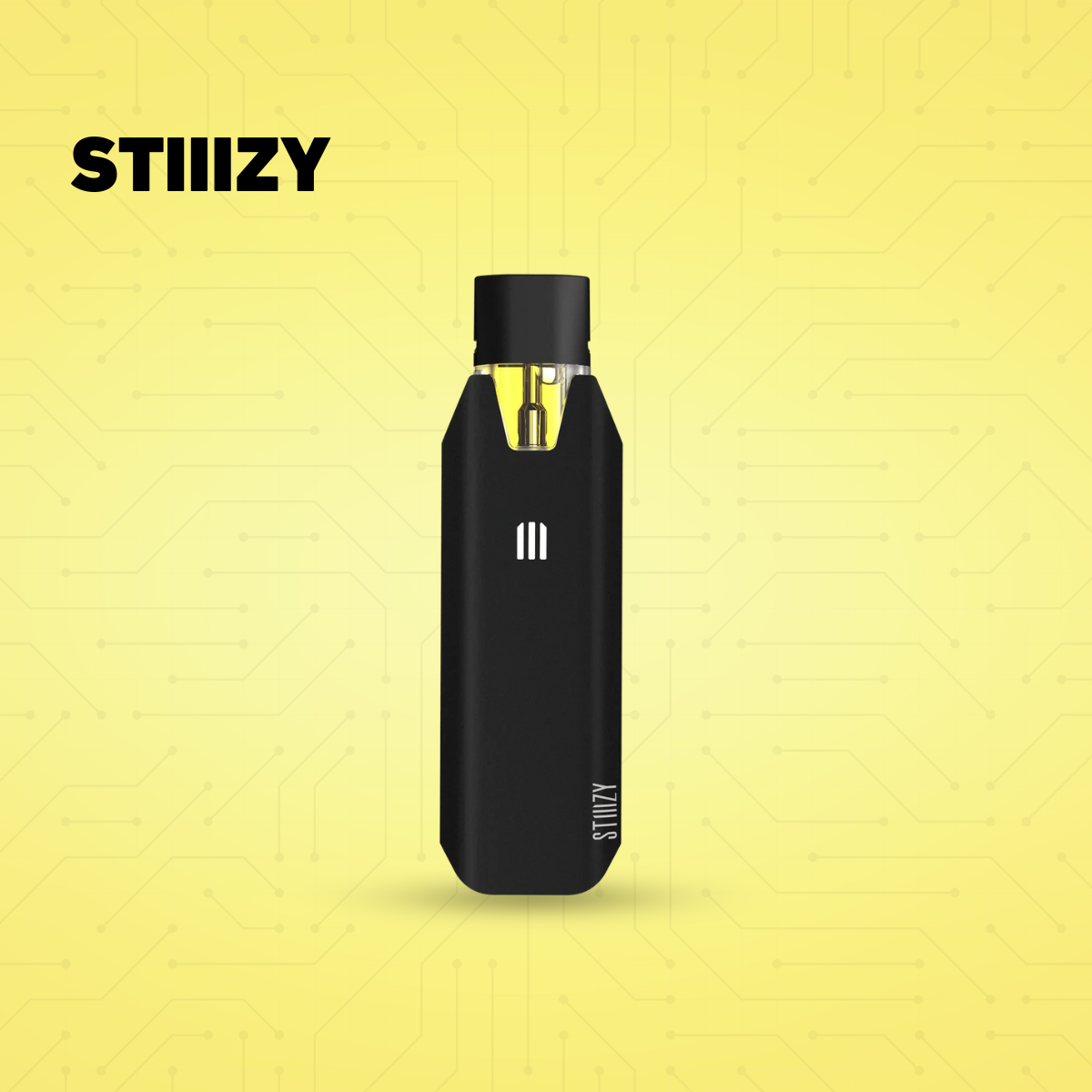
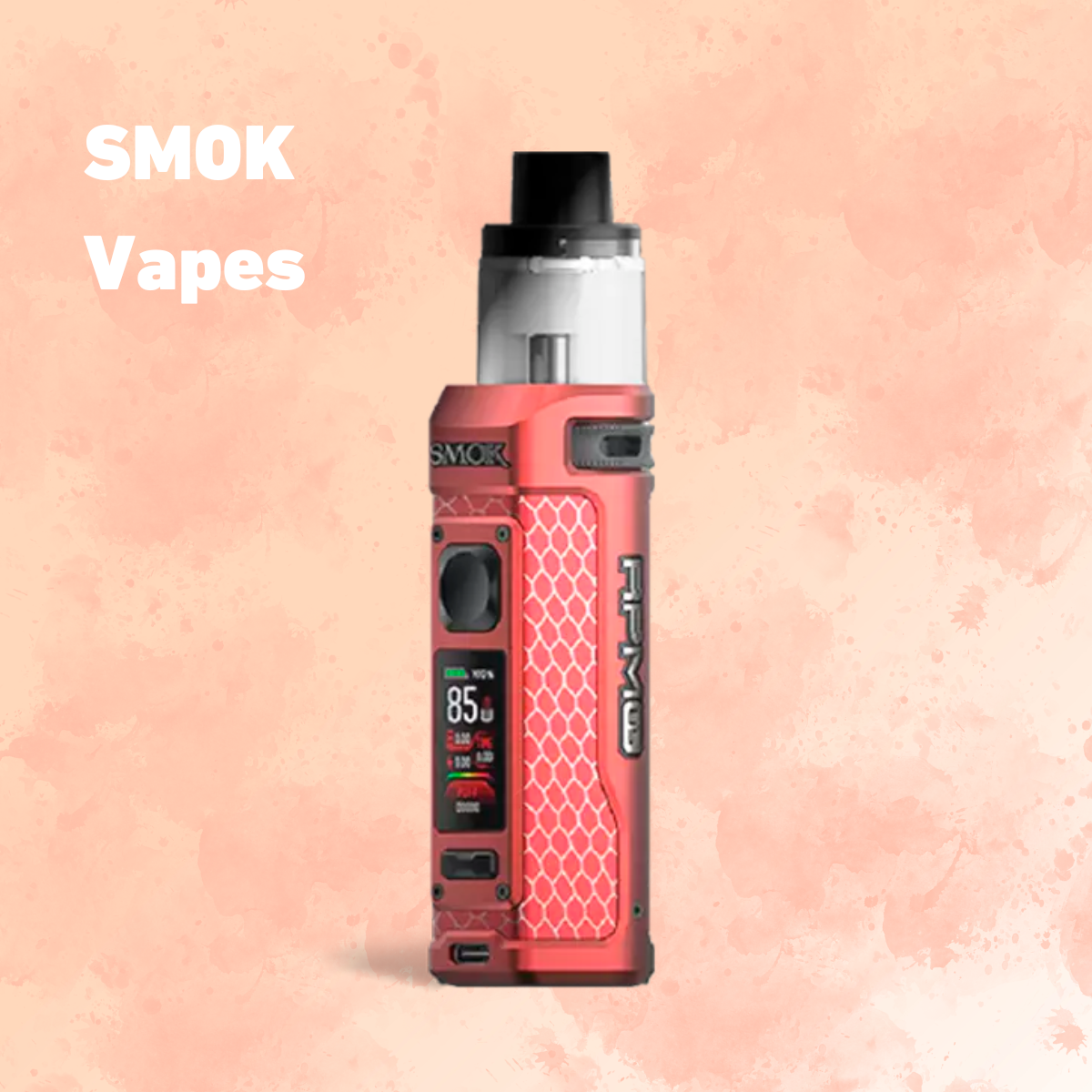
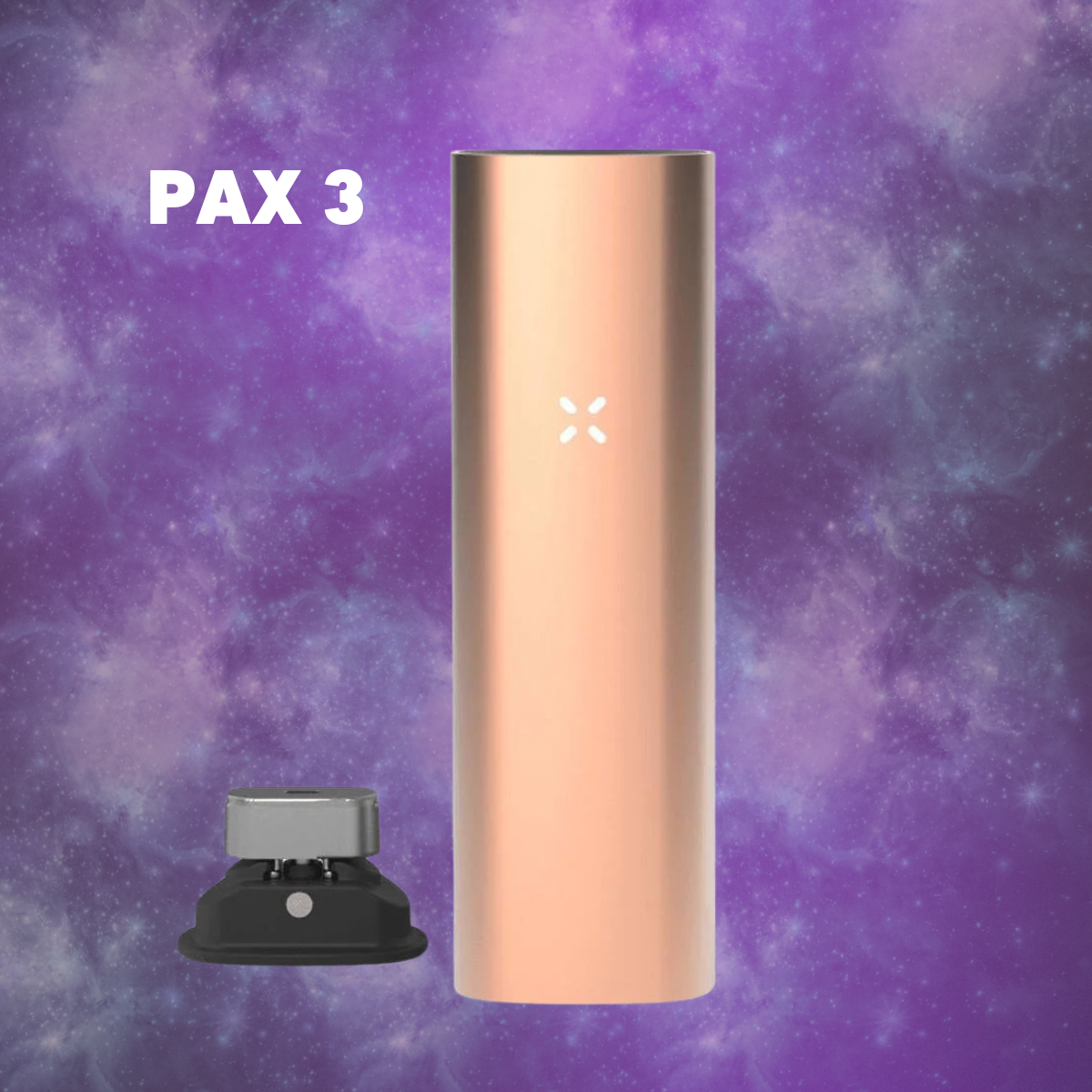
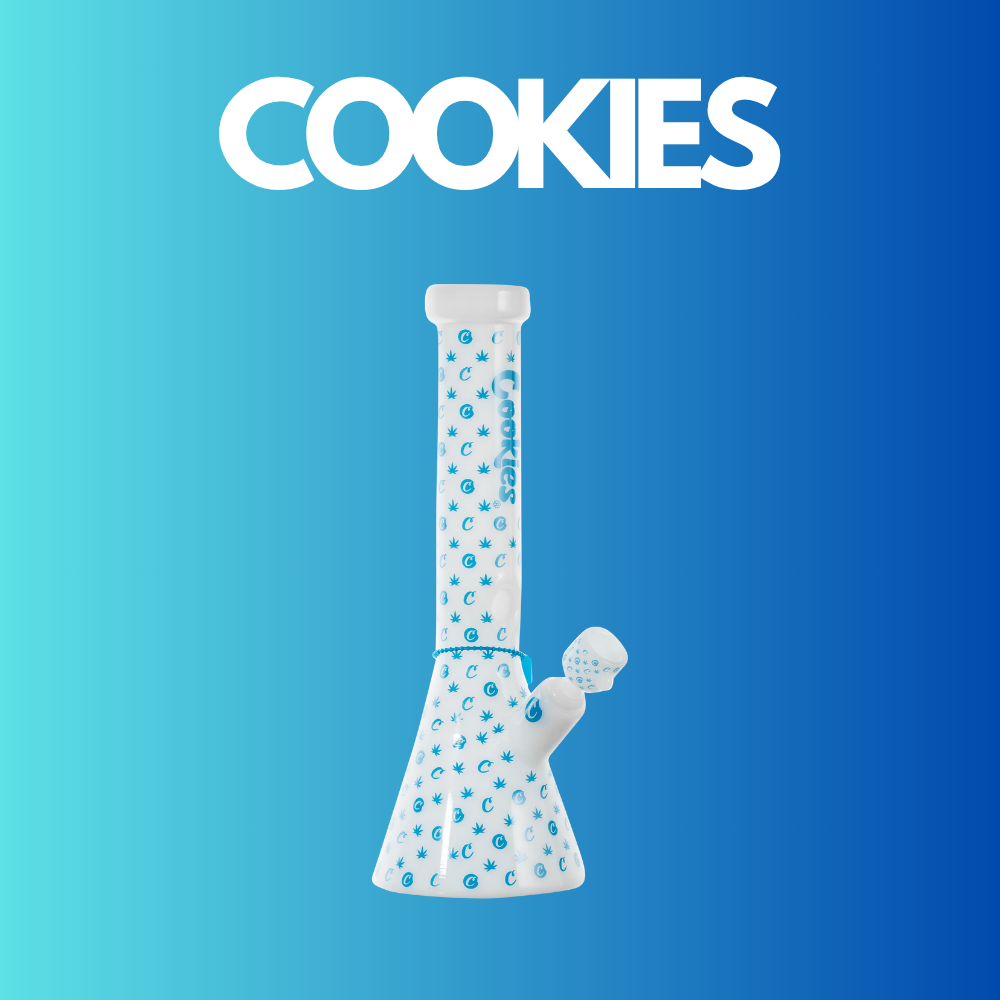
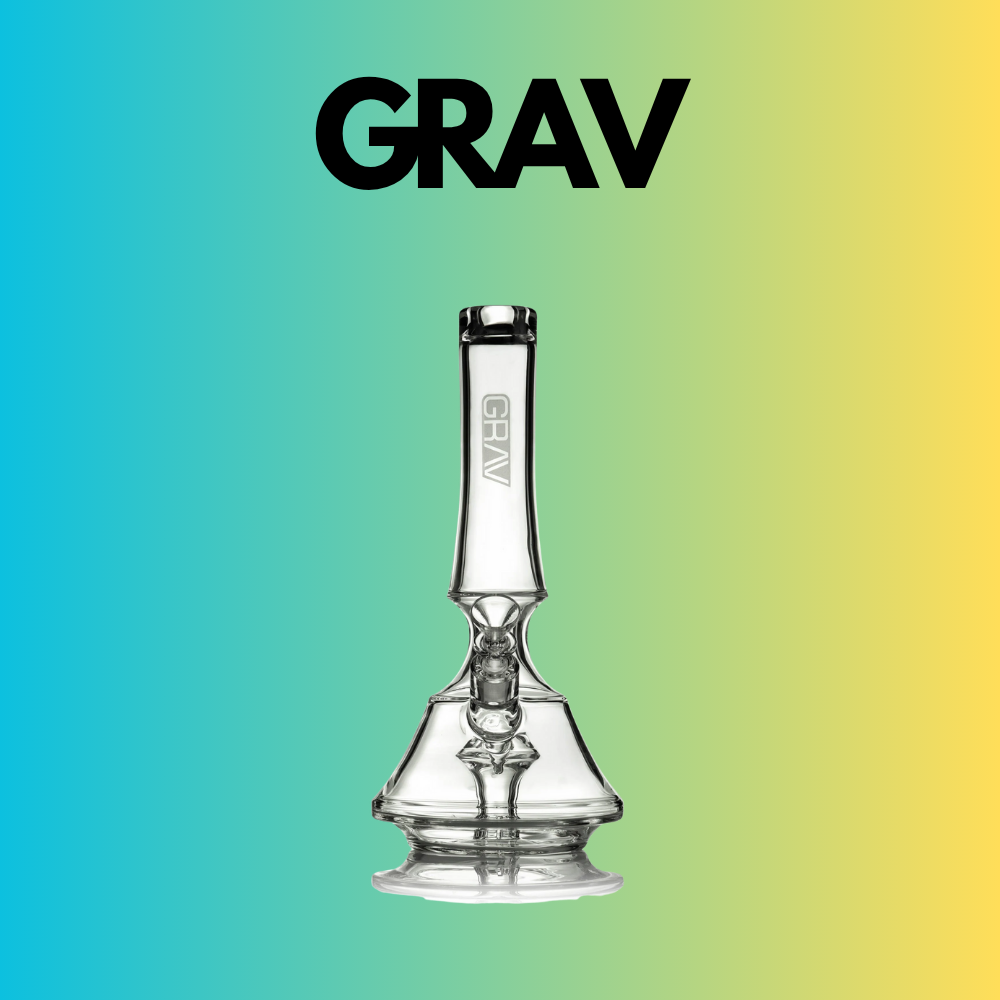



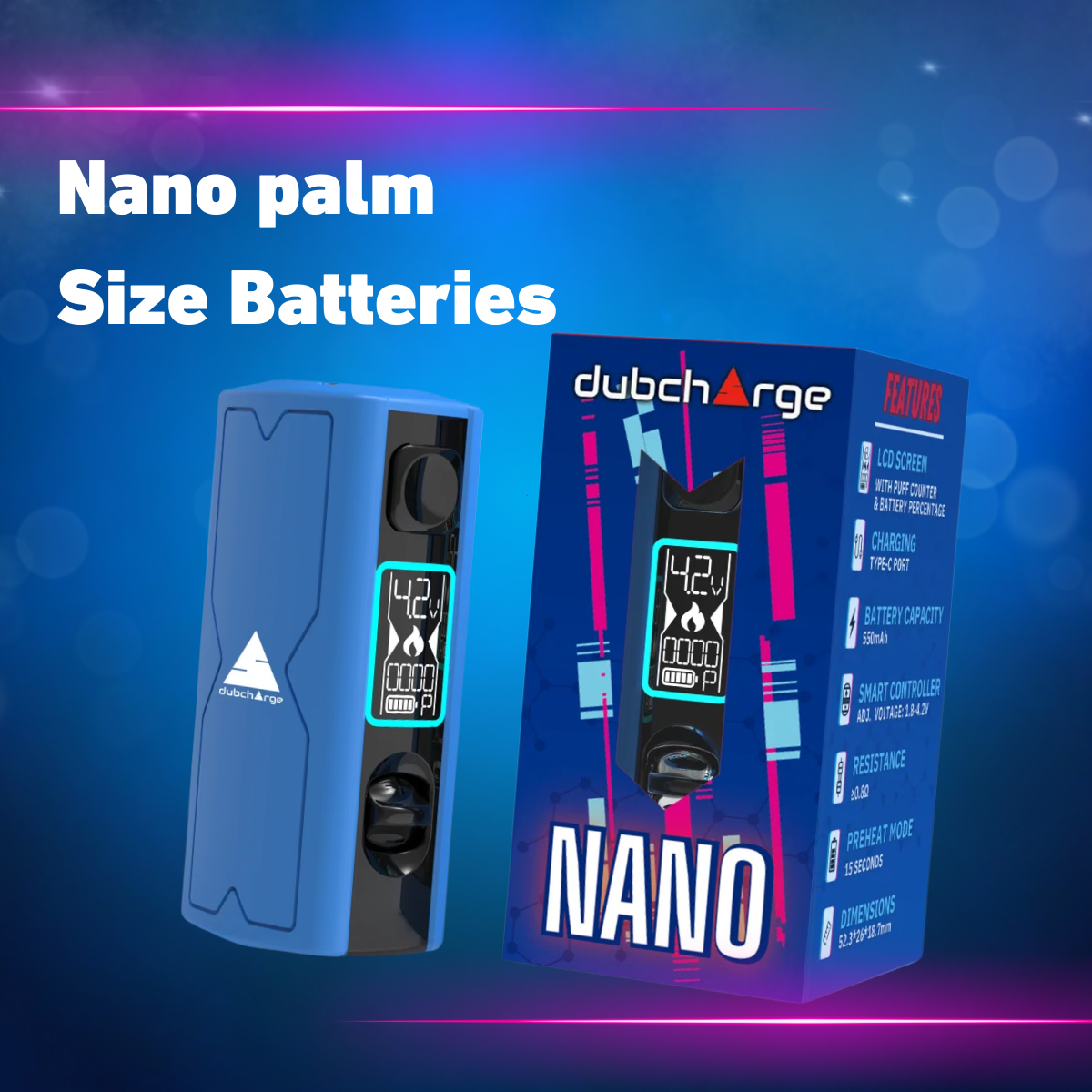
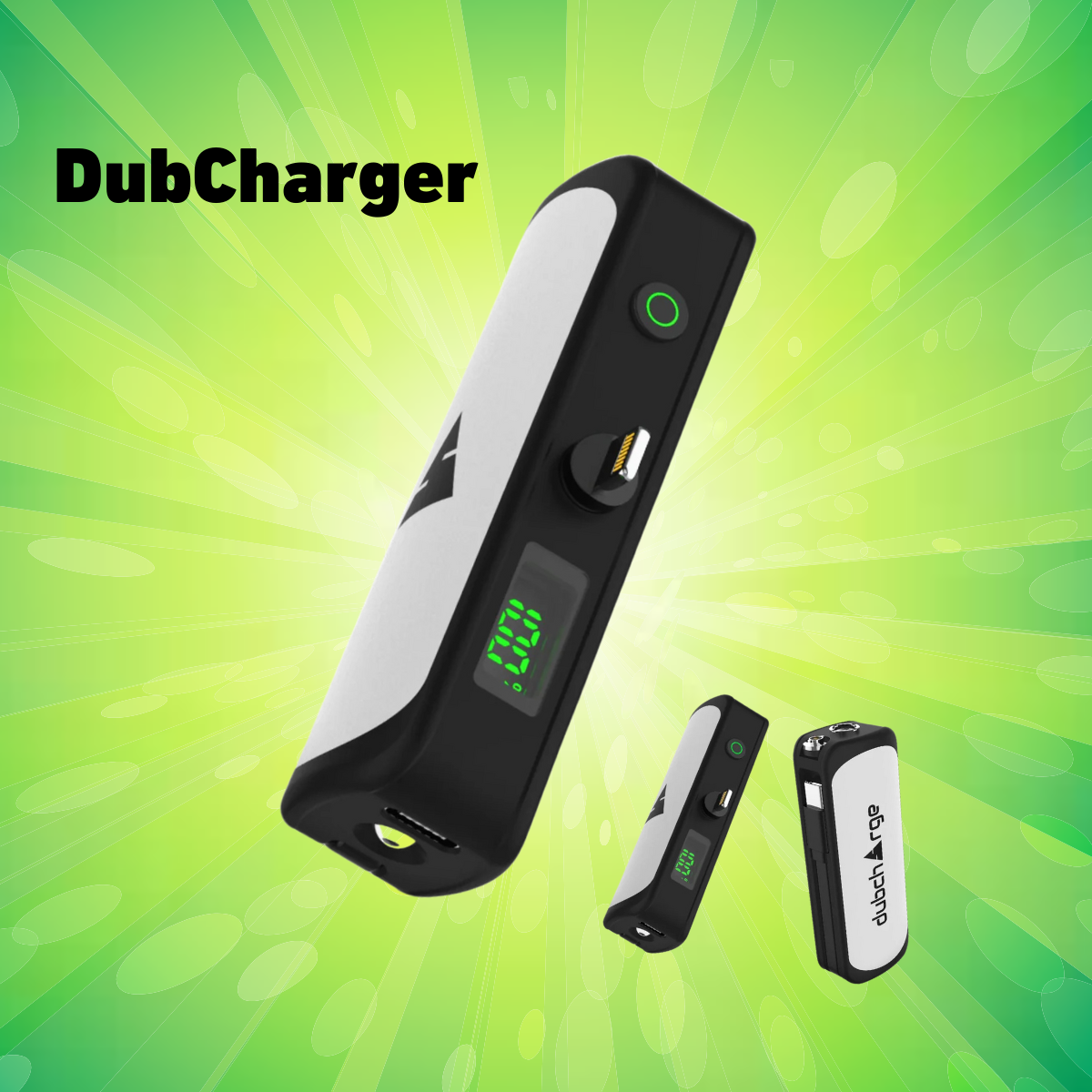

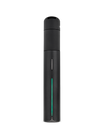

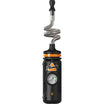

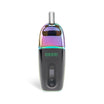
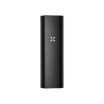
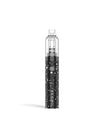
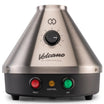
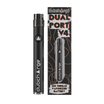

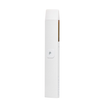


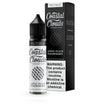
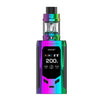
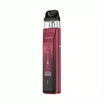
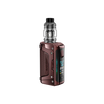
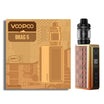
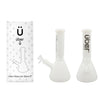


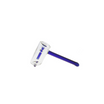
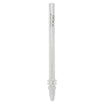


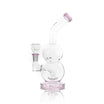

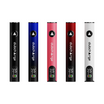
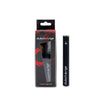


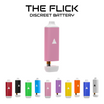
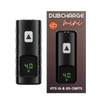

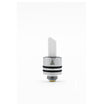
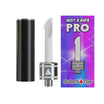
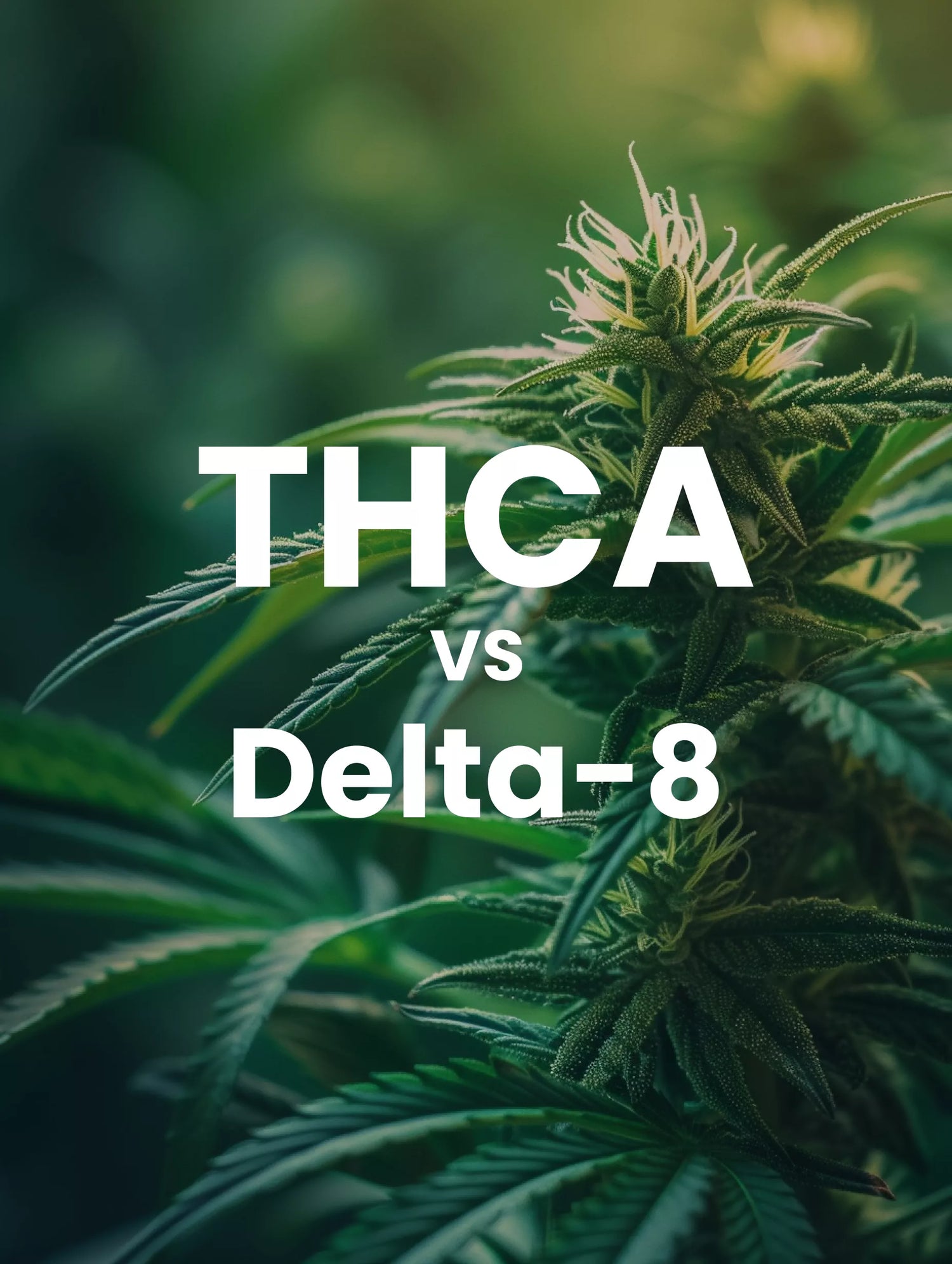
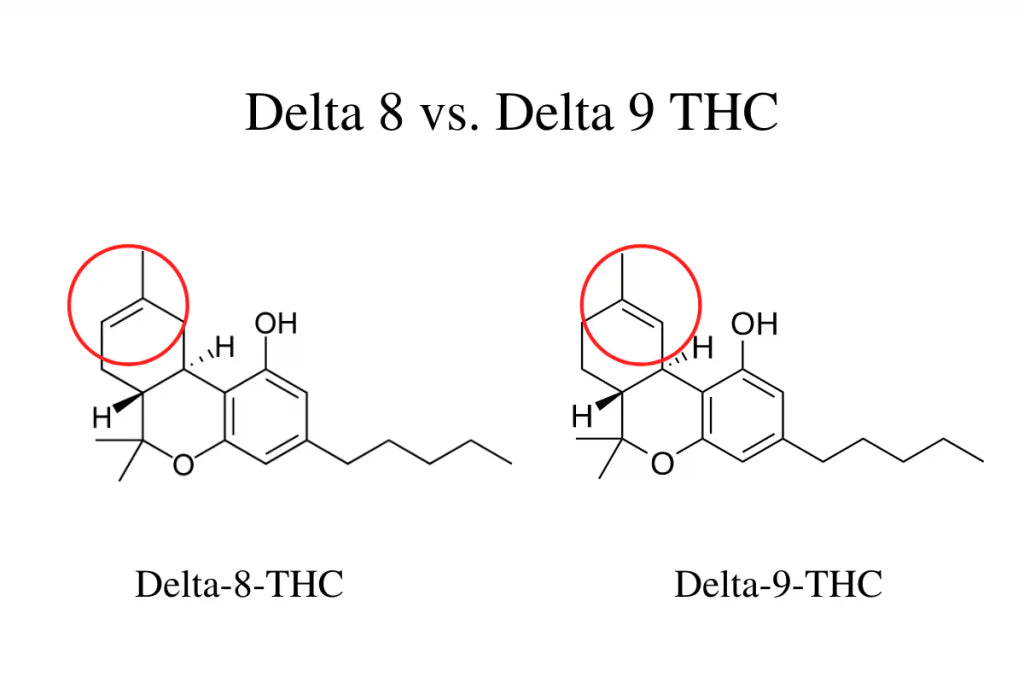
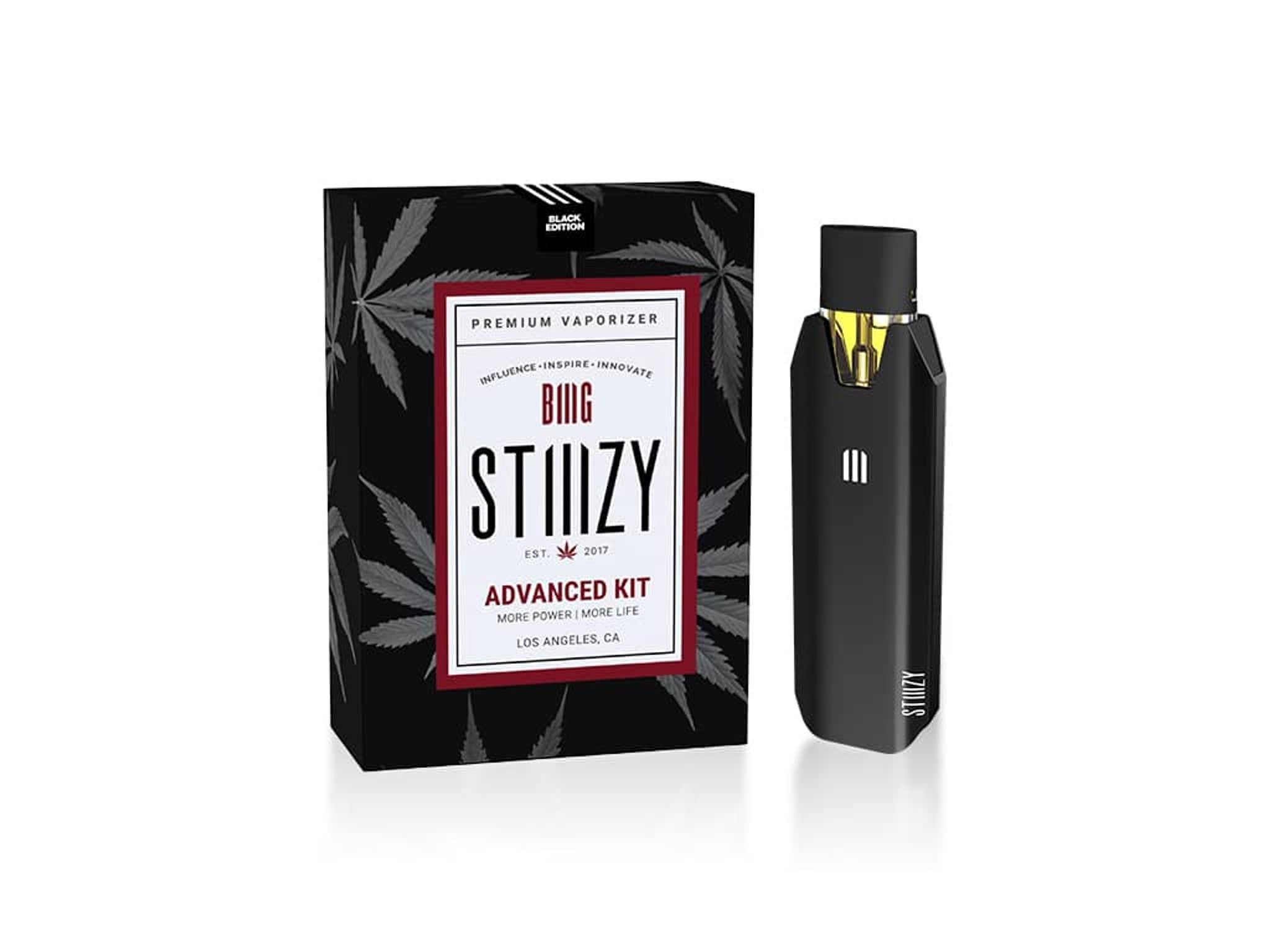
Leave a comment
This site is protected by hCaptcha and the hCaptcha Privacy Policy and Terms of Service apply.